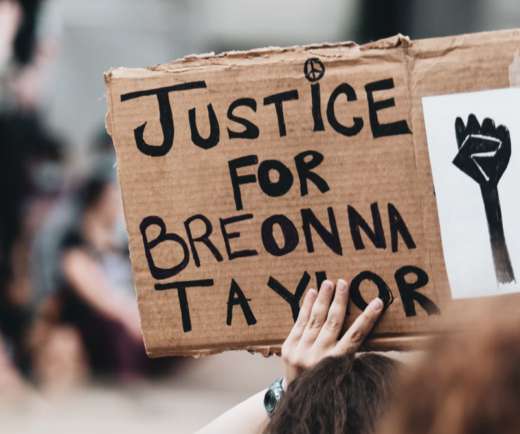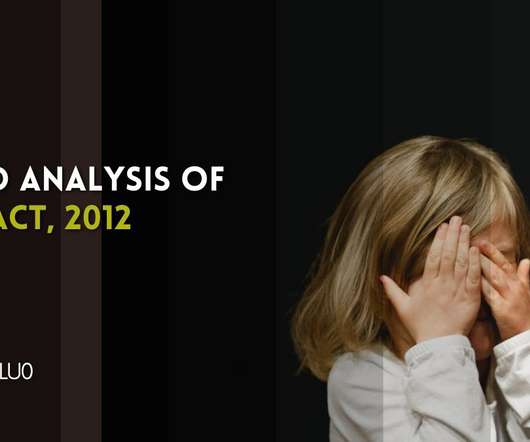US Supreme Court rules reckless offenses do not qualify as ‘violent felony’
JURIST
JUNE 12, 2021
One of the three violent felonies the government alleged as a predicate to the ACCA charge was for reckless aggravated assault under Tennessee law. He wrote instead that the phrase is “a centuries-old term of art in the criminal law that distinguishes offenses against the person from offenses against property.”






















Let's personalize your content